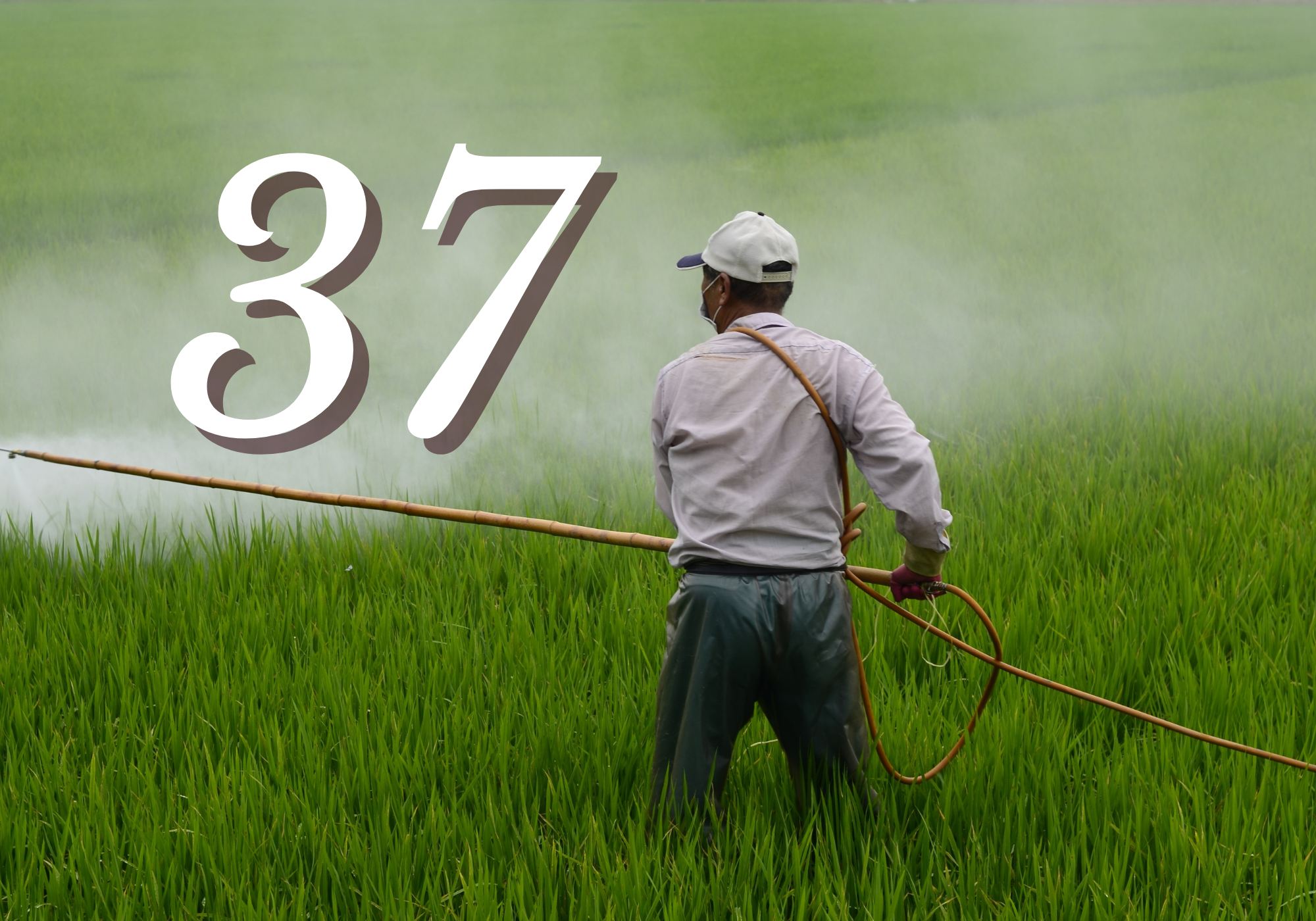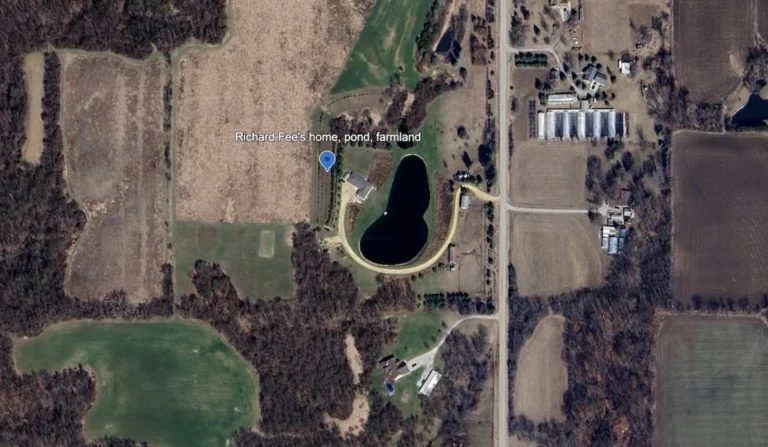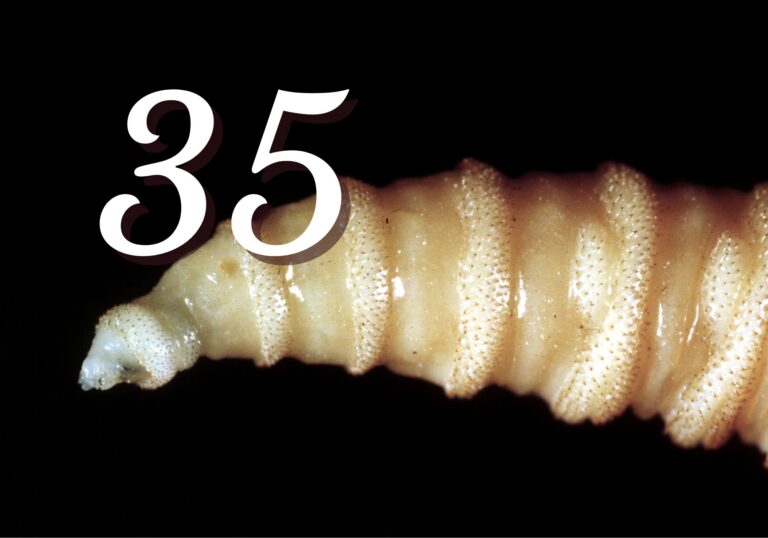Paraquat
Paraquat was blamed for pulmonary fibrosis 40 years ago, after federal officials sprayed it on marijuana crops. While it killed the crops, they were still often harvested and made their way to underground U.S. markets, where some smokers developed a permanent and sometimes deadly scarring in their lungs called pulmonary fibrosis.
Currently, it is often the herbicide of choice when weeds have developed resistance to glyphosate. It is used in the same way: as both a weed killer and a “desiccant” that can be sprayed on fields to kill a crop and allow it to be harvested completely at one time. One of the ways it has been recommended for use is to apply it every other year, alternating with glyphosate.
Paraquat has been used for thousands of suicides. One small sip may be fatal. There is no antidote. Yet it is one of the most widely used herbicides in the U.S.
Parkinson’s Disease is another consequence of paraquat exposure but was hidden by the manufacturer.
Here is what The New Lede had to tell us:
“There currently are more than 6,700 US lawsuits pending against Syngenta that accuse the company of failing to warn paraquat users of risks that exposure to the weed killer could cause the incurable brain disease known as Parkinson’s. The plaintiffs claim the company engaged in a scheme to suppress knowledge about the chronic risks of paraquat exposure.
A trial is currently set to begin in Philadelphia on October 6, 2025 but many observers are skeptical that it will take place. The company settled a case that had been set to start last week, and has settled other cases rather than go to trial on the allegations.
Paraquat was introduced in the 1960s by a predecessor to the giant global agrochemical company Syngenta, which is now a Chinese-owned entity. The herbicide has become one of the most widely used weedkilling chemicals in the world, used by farmers to control weeds before planting their crops and to dry out crops for harvest. In the United States, the chemical is used in orchards, wheat fields, pastures where livestock graze, cotton fields and elsewhere.
Syngenta has always maintained that the evidence linking paraquat to Parkinson’s disease is “fragmentary” and “inconclusive.” But numerous scientific studies have found that paraquat damages cells in the brain in ways that can lead to Parkinson’s. And many of the company’s internal documents show it was aware of research connecting paraquat to Parkinson’s disease decades ago.
The New Lede, in conjunction with The Guardian, obtained and revealed many of those internal files, and maintains a library of some of the documents. Not only was Syngenta aware of research linking paraquat to Parkinson’s but it also sought to secretly influence scientific information and public opinion regarding those links, the internal corporate records show.
Syngenta’s efforts to settle the lawsuits over paraquat come as the agrochemical industry is pushing for federal and state legal protections that would sharply limit similar future litigation. …”
And according to the nonprofit PIRG: (https://pirg.org/articles/this-toxic-pesticide-is-banned-in-70-countries-but-still-legal-in-america/)

“There are a great many pesticides currently used in the United States, but few are more dangerous than paraquat. Not only is paraquat fatal when consumed, it is also linked to a multitude of health problems, such as Parkinson’s Disease, lymphoma and childhood leukemia.
For these reasons, more than 70 countries have already banned paraquat, including the countries that produce and distribute the pesticide. But Americans are still at risk.”
https://www.ewg.org/areas-focus/toxic-chemicals/paraquat

References
https://medlineplus.gov/ency/article/001085.htm
https://www.cdc.gov/chemical-emergencies/chemical-fact-sheets/paraquat.html
https://www.epa.gov/ingredients-used-pesticide-products/paraquat-dichloride
https://pubmed.ncbi.nlm.nih.gov/2869523
https://pirg.org/articles/this-toxic-pesticide-is-banned-in-70-countries-but-still-legal-in-america






